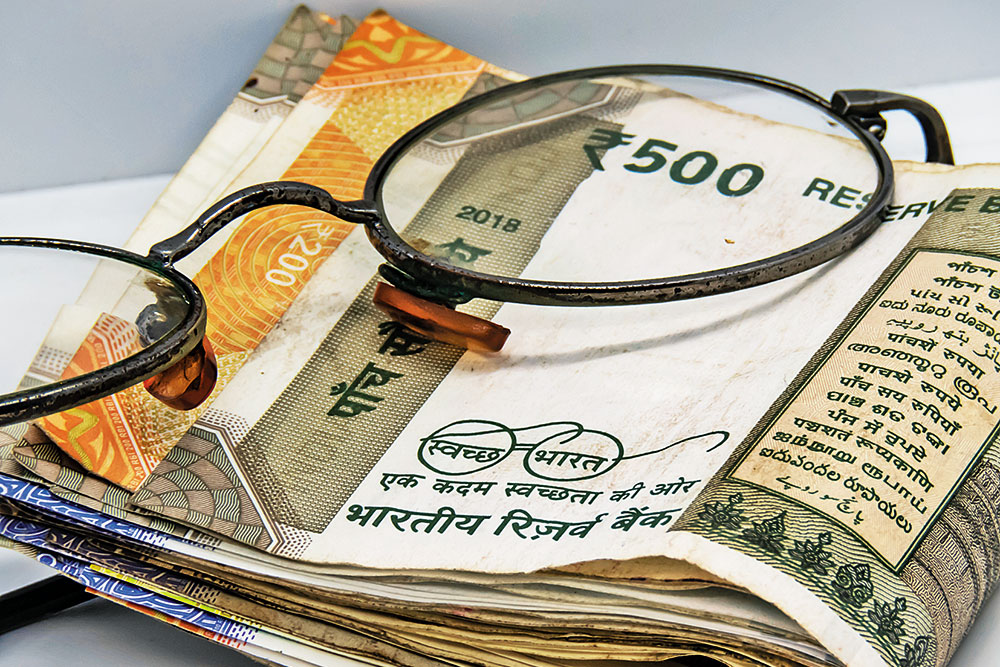Union Finance Minister Nirmala Sitharaman, in her 2023-24 budget speech, announced an increase in the maximum deposit limit for Senior Citizen Savings Scheme (SCSS) from 15 lakh to Rs 30 lakh. In January, the interest rates under SCSS, a government-backed plan that offers guaranteed regular income after retirement, were raised from 7.6 per cent to 8 per cent. The rates were increased—after a gap of nine quarters—in the third quarter of FY 2022-23 from 7.4 per cent to 7.6 per cent, and then to 8 per cent in January 2023. The government also revised rates for other small savings schemes, including Post Office Monthly Income Scheme, National Savings Certificate (NSC) and Kisan Vikas Patra (KVP), for the January quarter. SCSS is among a few schemes focused towards savings and providing regular income to senior citizens.

Who Can Open It?
- Seniors can open the account individually or jointly with spouses, but joint accounts are attributed only to the first account holder.
- People above 60 years and those above 55 but less than 60 with voluntary retirement (VRS) can open SCSS account. Retired defence personnel over 50 but below 60 years are also eligible, if the investment is made within a month of receipt of benefits.
- It allows a minimum investment of Rs 1,000 and maximum of Rs 30 lakh as lump sum.
- It has a five-year lock-in, after which it can be extended once for three years. Then, the account earns interest at the applicable rate, from the date of maturity.

Payments & Withdrawal
- Interest amount is paid quarterly from the date of deposit to March 31, June 30, September 30, and December 31. There’s no extra payment for delay in claiming it.
- At the end of the tenure, the principal is paid pack to the holder.
- If the account is closed before a year, no interest is payable. If exited after a year but before two years, 1.5 per cent will be deducted from the principal, and if closed after two years but before five years, 1 per cent.
- If the holder dies, post office savings account rate will be paid. If the spouse is a joint holder or sole nominee, it can be continued till maturity, if the spouse is eligible to open an SCSS account and does not have another one.

Should You Go For it?
- Depositors can avail tax deduction benefit under Section 80C of the Income-tax Act, 1961. But if the interest amount exceeds Rs 50,000 across all SCSS accounts, the entire interest amount is taxable in a financial year.
- SCSS is one of the few schemes that provides regular income post-retirement, so you may make it a part of your portfolio.
- However, if you need monthly income, look for other avenues like suitable annuity options or systematic withdrawal plans (SWPs) of mutual funds.
- Remember that interest rates of SCSS are revised quarterly. Once you invest, the rates get locked for the tenure of the scheme.







